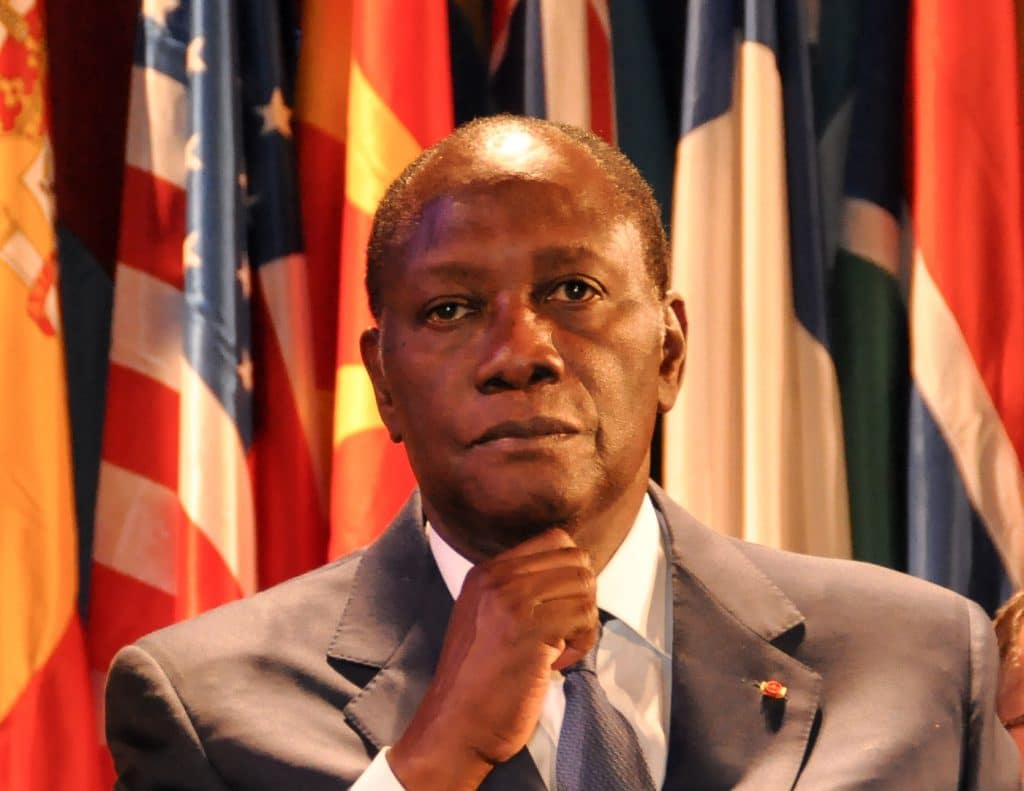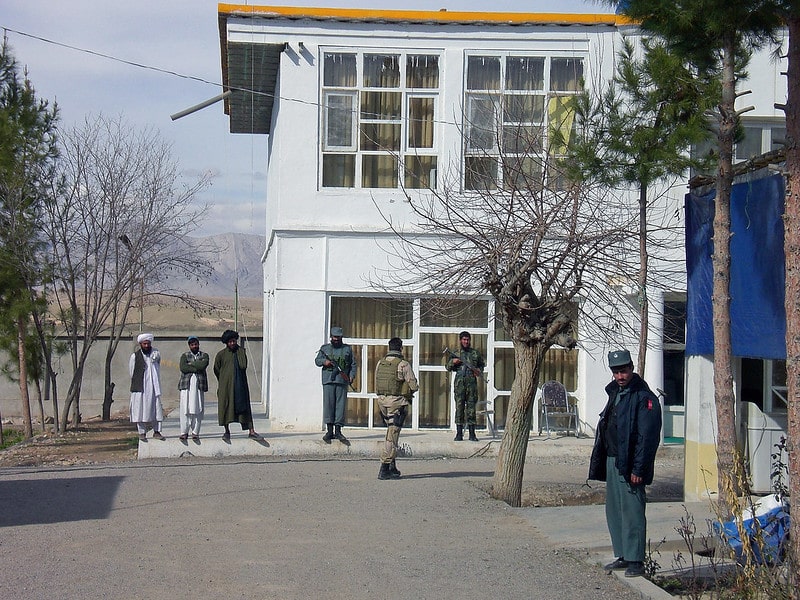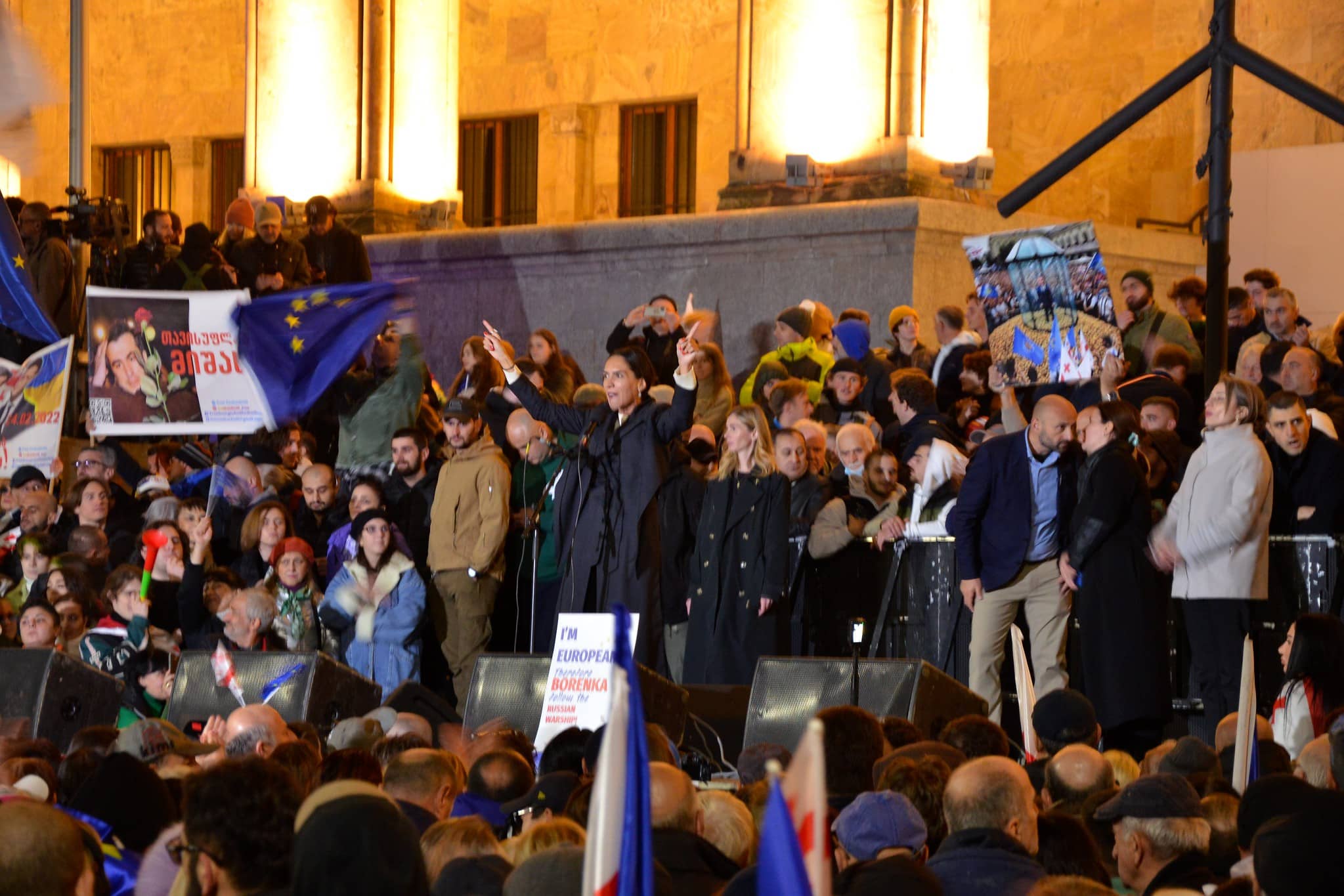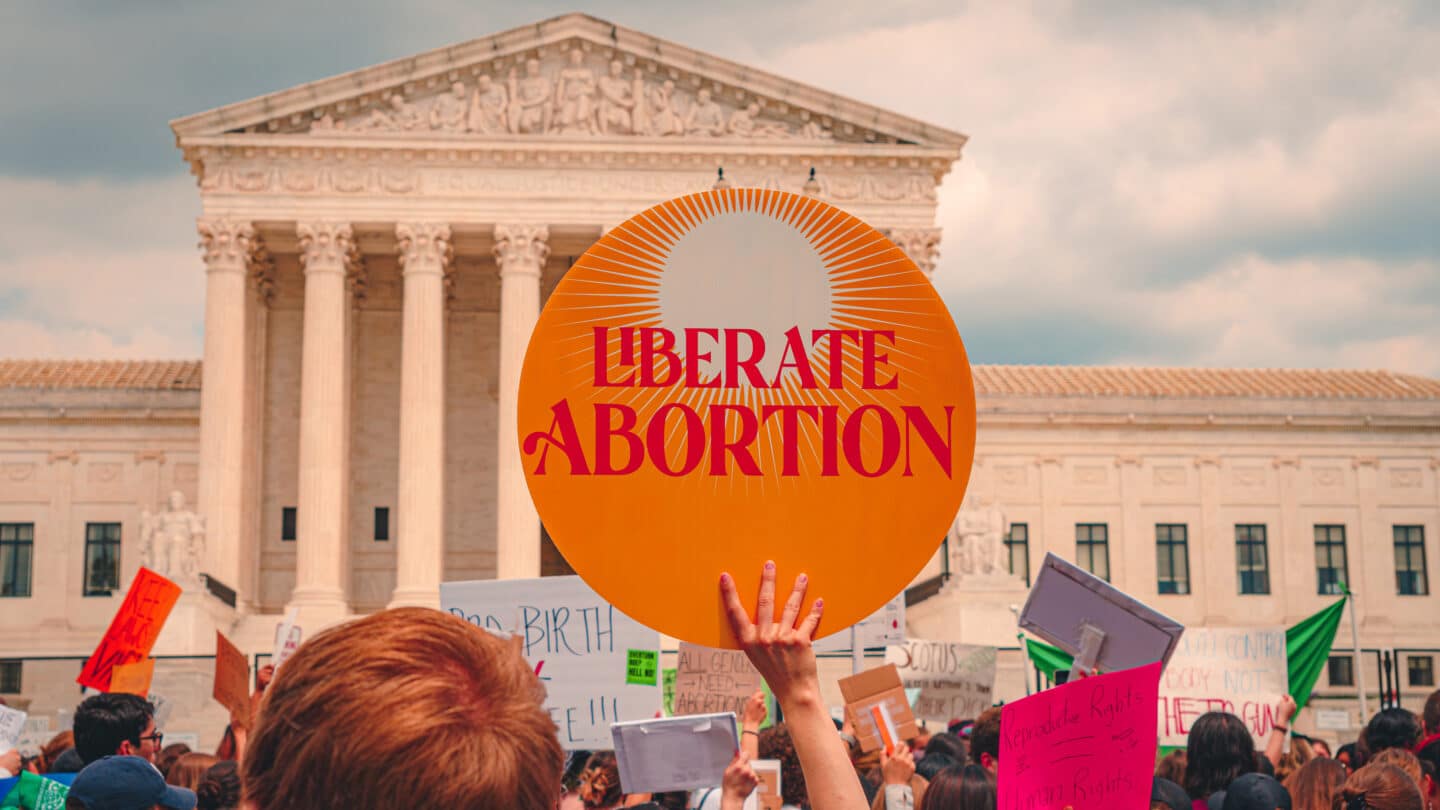After more than a week of uncertainty and unrest, the constitutional court has finally confirmed the winner of the election. The incumbent president has forced a new term through the ballot box. Wait... the incumbent president? But Trump had lost, hadn't he? Yes, he did. But this goes the 31 October election in Côte d'Ivoire, won by 78-year-old Alassane Ouatarra.
Ouatarra first won the election in 2010, in a duel with Laurent Gbagbo, the then President. Gbagbo and his youth militia did not abide by the result, resulting in 3,000 dead, 500,000 wounded and 1 million people fleeing. When the dust had settled, Ouatarra was sitting on the presidential plush and Gbagbo in the dock at the International Criminal Court in The Hague.
In 2017, halfway through his second peaceful, and relatively successful, coalition government, Ouatarra explicitly stated that he would not be available for the presidency again. An African president voluntarily stepping down was widely celebrated as the crowning achievement of Ouatarra's restoration and evolution of democracy in Côte d'Ivoire. Especially as Ouatarra made this statement not long after a new, much more democratic, constitution had been adopted. This after a peaceful nationwide referendum that voted overwhelmingly in favour of this new constitution.
However, on 8 March, this year, Ouatarra's retirement plans suffered a major dent: his friend, right-hand man and his fated successor, Prime Minister Coulibaly, died. His death from a heart condition proved too close to the election to put forward another strong candidate. Thus, the president decided to stand for election after all. With all the fuss.
The opposition, including fellow coalition parties, argued that a president had been retained to two terms from the new constitution. And this is where it gets interesting, as both parties are right. That of two terms is indeed stated in no uncertain terms in the 2016 constitution. But, Ouatarra supporters argue, there was only one term Ouatarra served under the 2016 constitution and under the previous constitution there was no limit on the number of terms. The constitutional court vindicated Ouatarra.
The joint opposition, apart from some hopeless candidates, subsequently decided to boycott the elections. In the run-up to the elections, a former coalition partner of Ouatarra was already denied entry to the country on charges of planning political disturbances. During the elections, the opposition blocked an estimated four to five thousand polling stations, more than 20 per cent. Despite this, 54% of eligible voters were able to vote, of which 94% voted for Ouatarra. The constitutional court thus ratified this result. But just like in that other election where a 78-year-old man appears to be the winner, the opposition is not putting up with it.
Gathered in the so-called National Transition Council, the opposition says it is working towards a transition government and has called on its supporters not to accept the result but to take to the streets. The disturbances that followed were quelled by security forces.Meanwhile, 50 people are dead, an unclear number injured, demonstrations are banned, and opposition leaders have been placed under house arrest.
While the international community calls for "dialogue rather than repression", Ouatarra is working to bring forward his inauguration, not least because as sworn-in president he is stronger in negotiations with the opposition. For his part, the main opposition leader, Soro, recently called on the army to move against the president. Since Côte d'Ivoire produces the vast majority of global cocoa, you should therefore not count on your chocolate bar becoming cheaper for the time being.
By: Micha Hollestelle
Photo: Wikimedia Commons





